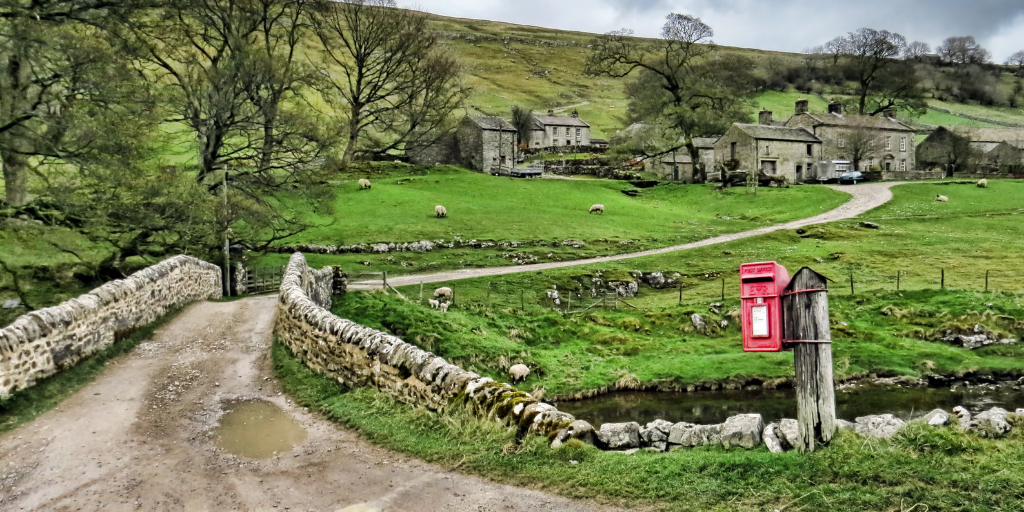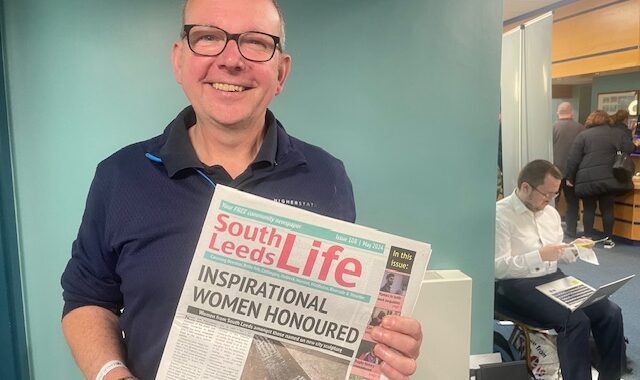The Independent Community News Network (ICNN) has over 100 members. They span the length and breadth of the UK, from Cornwall to the Shetland Islands, from Belfast to Margate.
The majority of our members are concentrated in the big cities of London, Bristol, Cardiff and Manchester. This is to be expected. Urban areas are made up of diverse and unconnected communities, many of which are highly individual. The publications we represent in these areas tend to cover small, concentrated communities; a postcode, sometimes just a street. As one of our members recently stated, ‘if we covered a murder beyond that traffic junction, people wouldn’t read it’.
However, more than 10 per cent of our members operate in rural areas, or areas of the country where there are disparate populations: Northumberland, Yorkshire, Cornwall, Mid Wales, North Wales, parts of Scotland, and Lincolnshire. Their patches are much bigger, their populations widely dispersed and covering these large areas presents unique challenges.
Coverage & distance
Coverage is an issue we hear time and time again when talking to publications in rural areas. Getting to events like trials or council meetings can mean a round trip of sometimes 130 miles, or in some cases a six hour journey. It can be an entire day out for a single reporter just to cover a local council meeting or planning proposal. As many of our member publications are run by individuals, doing everything from reporting, editing, photographing, subbing, designing, selling ads etc, a day away covering these kinds of events means there is no other content being uploaded to the site or written about for the newspaper.
The cost of petrol or public transport also makes these excursions less feasible. Because of this there is a heavy reliance on the use of FOIs to find stories and an increased use of accessible material like online planning applications and agenda reports.
The result is a more ultra-local coverage of the particular area, which coincidentally is the material people like.
The Local Democracy Reporter Scheme has made a huge difference here, and we are extremely proud of the work we did with the BBC to enable hyperlocals to access the scheme. Over half of our members have access to the scheme and a couple are tier two partners with their own LDR.
Staffing
Staffing levels at independent community news outlets tend to be very low. There is often a heavy reliance on volunteer contributors. But in places where populations are small and very dispersed this presents an extra challenge. Who is going to write the stories that the publications needs to inform its readership and grow its ad revenue?
Advertising
The main challenge is of course revenue. Our members rely primarily on advertising, mostly via Adsense (although some are currently piloting third-party white label models). Many of the events which small communities quite rightly want to see covered, such as local fund-raisers, won’t generate a lot of traffic. A lack of local businesses with a budget for local advertising makes this an even greater challenge.
Recognition
There is a culture of hyperlocals and independent community news outlets not being told things by structures such as councils who do not see hyperlocals as legitimate publications in the same way as the local papers. We see this issue becoming more and more pronounced during elections and hustings. Also, there is an assumption that there is a team of people who will find things out/attend meetings without being told, unaware of just how small some of these operations actually are. Hyperlocals can be seen as easy targets by councils under pressure. Expulsions and bans are not uncommon.
ICNN is continually working to address the issue of accreditation and recognition, and our 105 members are testament to that fact the cliched idea of the bedroom blogger or keyboard activist no longer applies to the whole sector.
We believe the answer to many of the issues talked about here is collaboration. Collaborative journalism can make a great impact when it’s done right. Just look at the work being done by the Bureau Local. To do better journalism, to reach more people, to effect real change we need to work together.
Some of our members are already doing it; they provide magistrates court copy to the bigger publishers in their area in exchange for crown court copy. Others, with more expertise, are helping to sell advertising for smaller publications. Syndication deals have been made to help expand the coverage of democratic institutions to areas of the country that don’t have access to it.
This kind of progress can help bridge the gap to success for some rural hyperlocals, and help them overcome otherwise insurmountable challenges.





